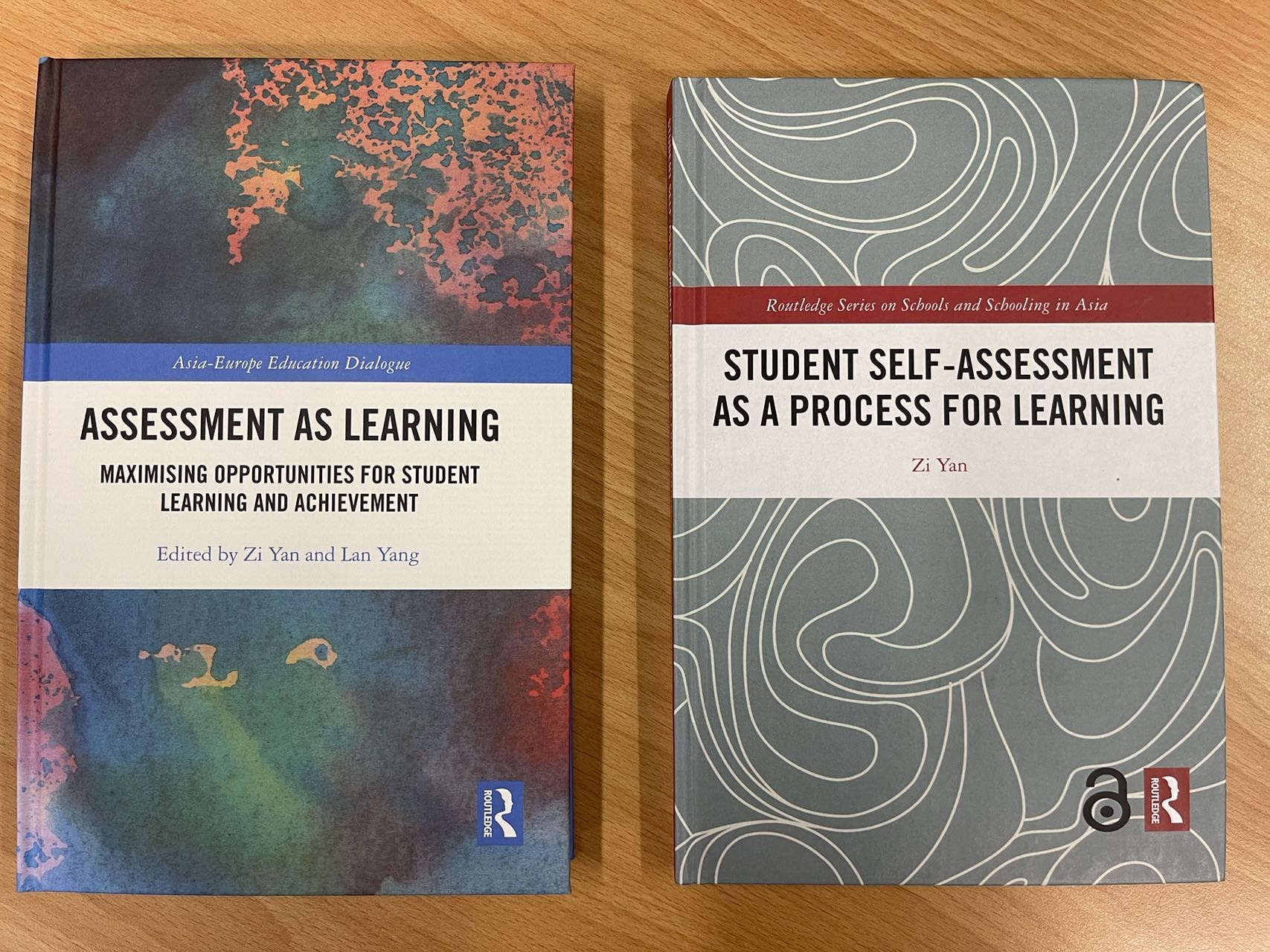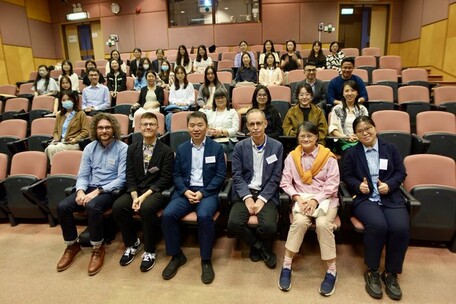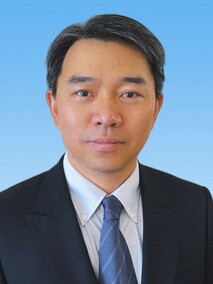Assessment on Research
Synergizing teacher-directed and student-initiated assessments
The assessment research team 1) conducts cutting-edge research on a variety of topics related to assessment in diverse educational settings, advancing the understanding of assessment practices and processes, and of the connections between assessment, teaching and learning; and 2) contributes to knowledge transfer by generating and disseminating research-based knowledge about educational assessment at local, regional, and international levels.
Sustainable Development Goals
In 2015, UN member states agreed to 17 global Sustainable Development Goals (SDGs) to end poverty, protect the planet and ensure posperity for all.
The research team contributes towards the following SDG(s):
Our research challenges traditional teacher-centric educational norms by synergizing teacher-directed and student-initiated assessments. We aim to advance the understanding of the assessment process and encourage effective assessment practices that balance accountability and support for learning, particularly in the context of evolving technologies like AI.
Even after years of promoting assessment reform, assessment practices in Hong Kong and beyond remain unsatisfactory. Our research addresses this by exploring local perspectives on assessment practices and emphasising the importance of student involvement in their own assessments. By informing teaching methods, professional growth, and policy decisions, we promote educational efficiency.
The research outcomes benefit a broad spectrum of beneficiaries, including students, educators, and policymakers. Synergizing teacher-directed and student-directed assessments and fostering personalized learning experiences, the research contributes to developing students into independent, self-directed learners fully equipped for their future academic and professional endeavours.
Externally Funded Research Projects
| Project |
|---|
RGC Senior Research Fellow Scheme Bottom-up Assessment Reform: The Student-centred Assessment-driven Learning |
General Research Fund Foster or hinder learning? The role of Generative Artificial Intelligence in the self-assessment process. |
General Research Fund Assessing the relationships between Chinese students’ feedback orientation, feedback literacy and learning engagement: A Structural Equation Modeling Approach |
General Research Fund Developing students’ feedback literacy through online interactive peer assessment: Interaction modes, sequential behavioural patterns, and influential factors |
General Research Fund Developing students' evaluative judgment and feedback literacy through self-assessment: An experimental study. |
Early Career Scheme Dual Feedback Literacies of Pre-service Teachers: Temporal Change, Interplay, and Influential Factors. |
Public Policy Research Funding Scheme Investigating Primary School Teachers’ E-assessment Practices, Intentions and Influencing Factors in the New Normal: Implications for Developing E-assessment Policy |
General Research Fund Harnessing the power of teacher feedback to enhance learning outcomes: The roles of students' feedback orientations and learning engagement. |
General Research Fund Unpacking student self-assessment processes: A longitudinal naturalistic experiment. |
General Research Fund A structural understanding of formative assessment: Predictor, intention, and practice. |
General Research Fund Self-assessment: Calibration, predictors and effects. |
Selected Publications
|
|
|
|
Journal Article
|
|
|
|
|
|
|
|
|
|
|
|
|







